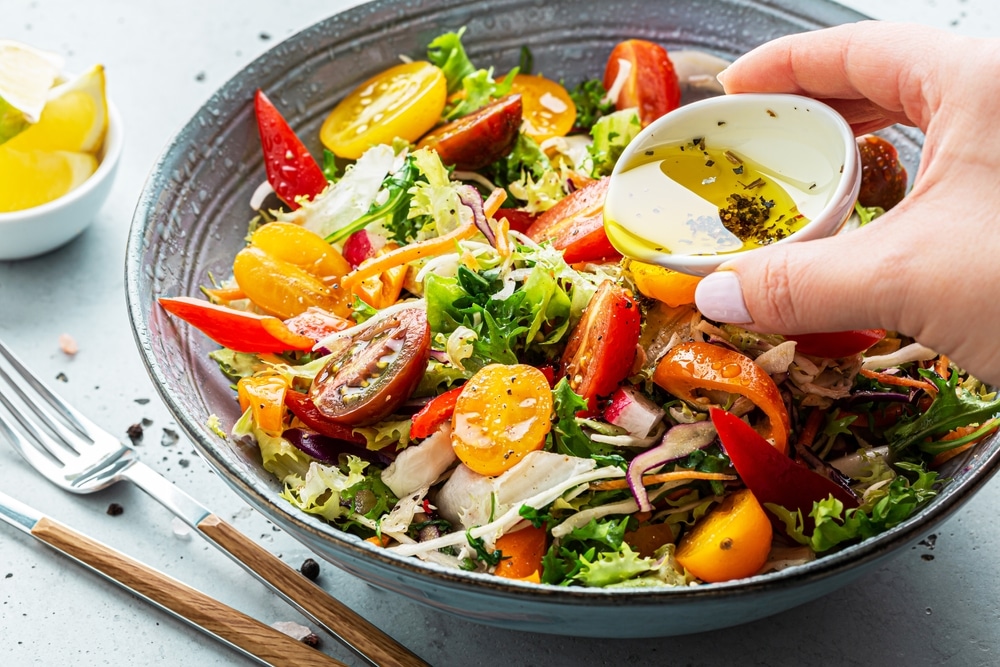We’ve all heard of different diet trends and strange eating habits, but here’s one that’s turning heads in the world of nutrition: eating your meals backwards. It sounds a little odd at first—like starting with dessert before diving into the main course—but according to experts, this simple change might do wonders for your health and eating habits. So, why are nutritionists recommending this unusual approach? Let’s break it down!
Starting with Dessert May Curb Overeating

The idea behind eating backwards is to start your meal with a smaller portion of dessert or something sweet. It may sound like a dream come true, but there’s science to back it up! By eating dessert first, your brain gets that satisfaction boost right away, reducing cravings throughout the rest of the meal. This approach helps you avoid the urge to overeat since you’re no longer feeling deprived of a treat.
When we save dessert for last, we often feel too full yet still indulge, which can lead to uncomfortable bloating and excess calorie intake. By having something sweet at the beginning, you’re more likely to feel satisfied and better able to control portion sizes for the rest of your meal.
Veggies in the Middle for Better Digestion

After that sweet start, move on to your vegetables. Eating fiber-rich veggies in the middle of your meal helps to slow down digestion, allowing your body to absorb nutrients more effectively. Plus, veggies are low in calories but high in volume, which means they fill you up without overloading you. By placing them in the middle, you set yourself up for better digestion and a comfortable feeling of fullness.
Eating veggies before heavy proteins or carbs also helps balance your blood sugar levels. The fiber creates a buffer that slows the absorption of sugars and starches, preventing those dreaded sugar spikes and energy crashes.
End with Protein for Sustained Energy

Finally, finish off with protein and carbohydrates. By saving protein for last, you’re ensuring that you stay fuller for longer, which can help curb unnecessary snacking later on. Protein takes longer to digest, meaning it provides a steady release of energy, keeping you satisfied hours after the meal. Carbs eaten with protein also have a more gradual effect on blood sugar, which means no sudden dips in energy.
So, should you eat your meals backwards? If you’re looking for a fun and easy way to manage portions, avoid overeating, and keep your energy levels stable, it’s definitely worth a try. Plus, who wouldn’t want an excuse to have dessert first?











